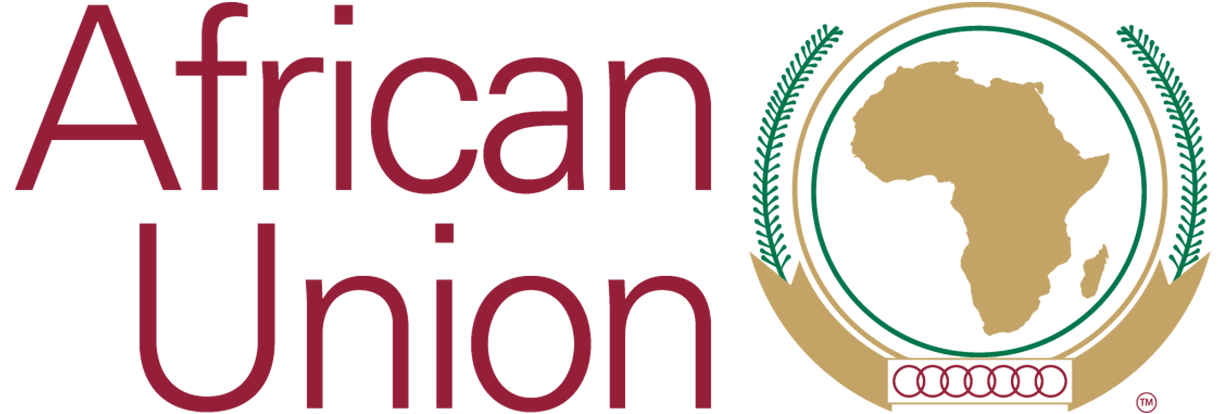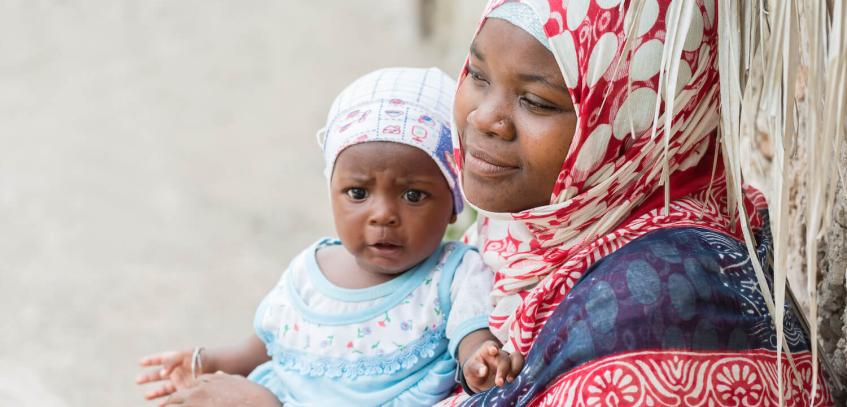The African Union Launches a Continental Initiative to End Female Genital Mutilation and Save 50 million Girls at Risk
Addis Ababa, 11th February 2010: The Government of Burkina Faso and the African Union Commission, have, on the margins of the 32nd Ordinary Session of the African Union Summit of Heads of State and Government, launched the African Union Initiative on Eliminating Female Genital Mutilation. Saleema, which is designed to galvanise political action to accelerate the elimination of the harmful practice, is spearheaded by H.E. Roch Marc Christian Kaboré, President of the Republic of Burkina Faso, designated the African Union Champion on Eliminating Female Genital Mutilation by the 32nd Session of the Assembly of African Union Heads of State and Government.
More than 50 million girls in Africa under the age of 15 years are at risk of being subjected to female genital mutilation by 2030 if concerted action is not taken now. Investing in girls and women is a central part of Africa’s Transformative Agenda 2063, which, under Aspiration 6, calls for ending all forms of gender based violence, including female genital mutilation.
Female Genital Mutilation is the partial or total removal of external female genitalia that causes irreparable and irreversible harm, as well as lifelong health and psychological complications. In Africa, more girls are cut between 0 and 14 years of age than any other age bracket. Prevalence rates range from 15% to over 95% for girls and women aged 15 to 49 years, with select countries in the Central and Western Africa regions accounting for a large part of the figures. About 1 in 5 girls who have undergone FGM were subjected to the procedure by a trained medical professional. In some countries, this number is as high as 3 in 4 girls. However, FGM is still predominantly performed by traditional excissors or cutters.
Complications resulting from FGM can include excessive bleeding, severe pain and infection. The harmful practice of female genital mutilation also contributes to negative maternal health outcomes, including obstetric fistula, as well as negatively impacting child health and contributing to child mortality.
The Saleema Initiative will look to galvanise political action to enforce strong legislation, increase allocation of financial resources and strengthen partnerships to end female genital mutilation, particularly within communities most impacted by the harmful practice.
A number of high level dignitaries spoke at the launch event, including H.E. Roch Marc Christian Kaboré, President of the Republic of Burkina Faso and African Union Champion on Eliminating Female Genital Mutilation. Other high level speakers and dignitaries included;
o Honourable Hala Zaid, Minister of Health and Population of Egypt
o Honourable Hirut Zemene, Minister of State, Ministry of Foreign Affairs of Ethiopia,
o Honourable Elizabeth Phiri, Minister of Gender Zambia,
o Honourable Dr. Al-Dirdiri Mohammed Ahmed, Minister of Foreign Affairs, Sudan
o H.E. Michelle Bachelet, United Nations High Commissioner for Human Rights,
o Mr. Mabingue Ngom, United Nations Population Fund Regional Director for West and Central Africa.
The high level breakfast side event to launch the Saleema Initiative was convened in partnership with the United Nations Population Fund (UNFPA) and the United Nations Children’s Fund (UNICEF) Joint Programme on Eliminating Female Genital Mutilation. The 32nd Session of the Assembly of African Union Heads of State and Government later endorsed the African Union Initiative on Eliminating Female Genital Mutilation – Saleema and adopted a Decision titled “Galvanising Political Commitment towards the Elimination of Female Genital Mutilation”.
For more information:
• Dr. Margaret Agama-Anyetei, Director, Health, Nutrition and Population Division, AU Commission, Tel: +251115182211; E-mail: Agama-Anyeteim@africa-union.org
For further information contact:
Directorate of Information and Communication | African Union Commission
E-mail: dic@africa-union.org I Web Site: www.au.int I Addis Ababa | Ethiopia







